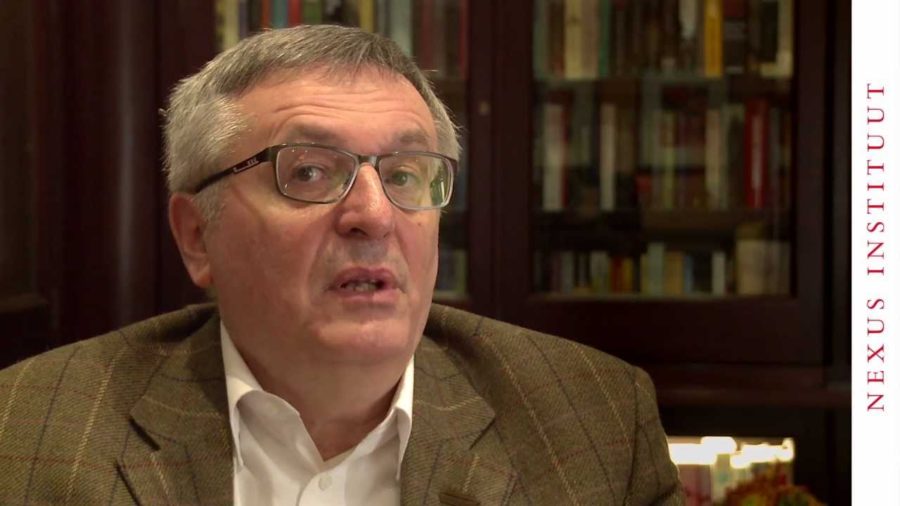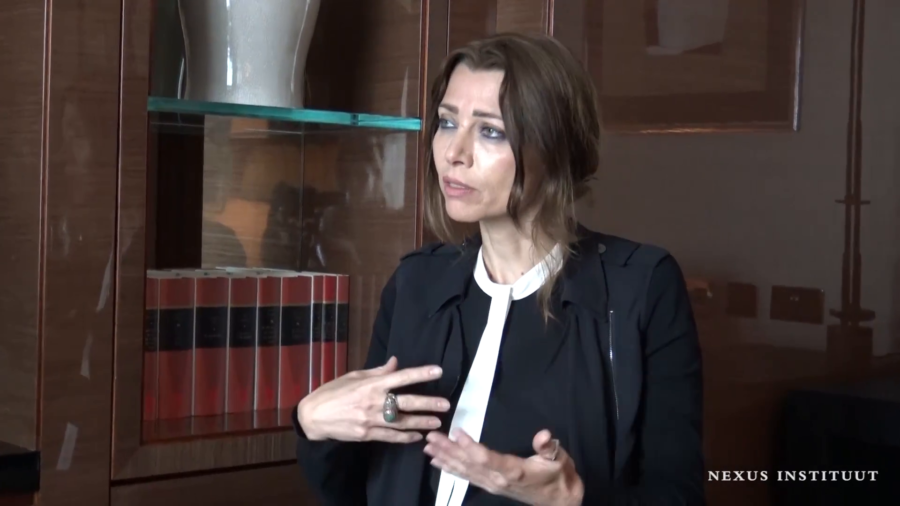One of the problems here, of course, is that there’s no “we.” Who’s we? I mean, humanity’s composed—the human species is composed—of billions of separate individuals with different goals, different plans, different values, and different ideals.
Archive (Page 3 of 3)
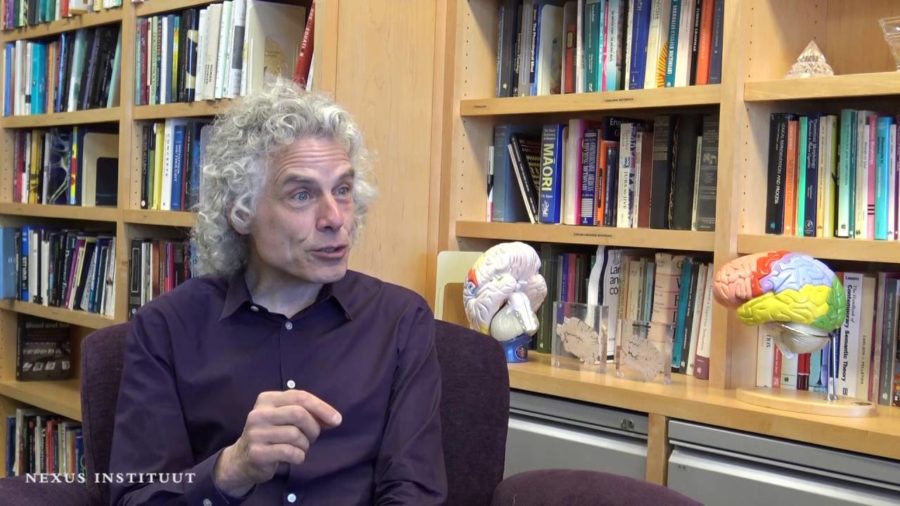
There are many changes to our institutions and our norms and our ideas that can reduce or eliminate the risks of nuclear war without what I consider a rather quixotic attempt to change the course of human evolution.
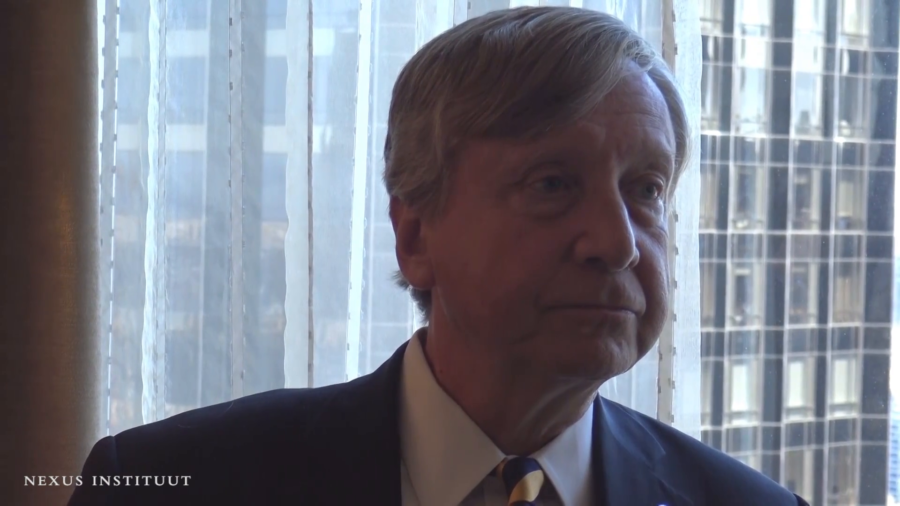
I don’t think we’ve had anybody quite like Donald Trump before, in terms of the politics of celebrity, which is what I think he’s really about. It’s not simply that he’s rich. We’ve had rich people in politics before. He’s not simply a businessman. We’ve had businessmen in politics before.
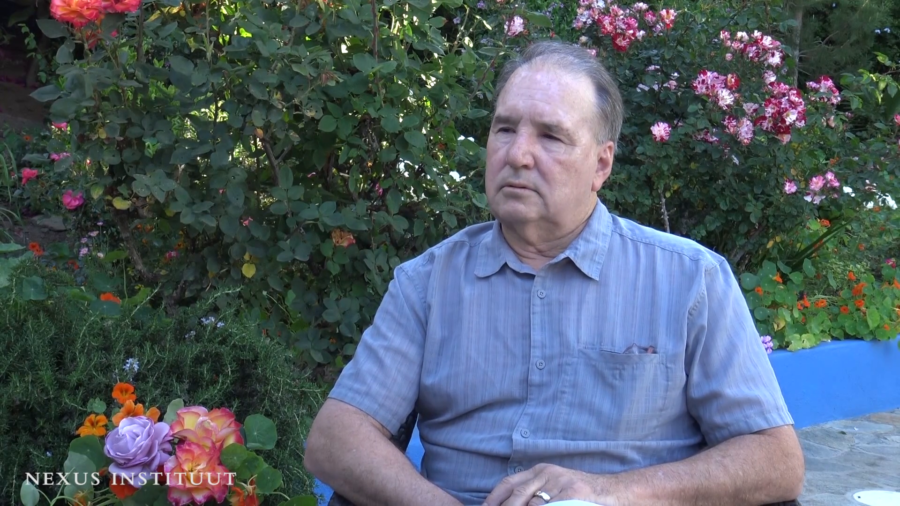
I think the interesting and most difficult challenge for Mrs. Clinton if she becomes President is how to bring America together.
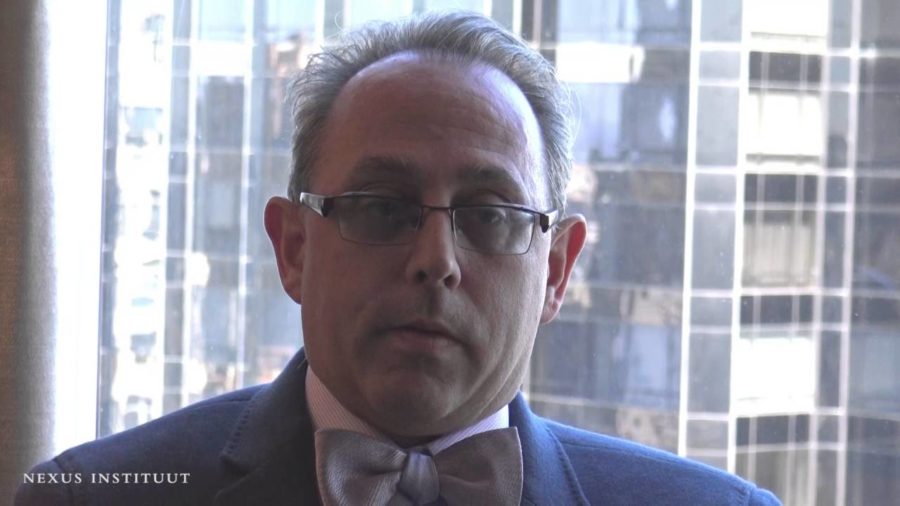
The great danger and fear that I have is that in the last fifty to seventy years, power has increasingly concentrated not only in the federal government but in the presidency.
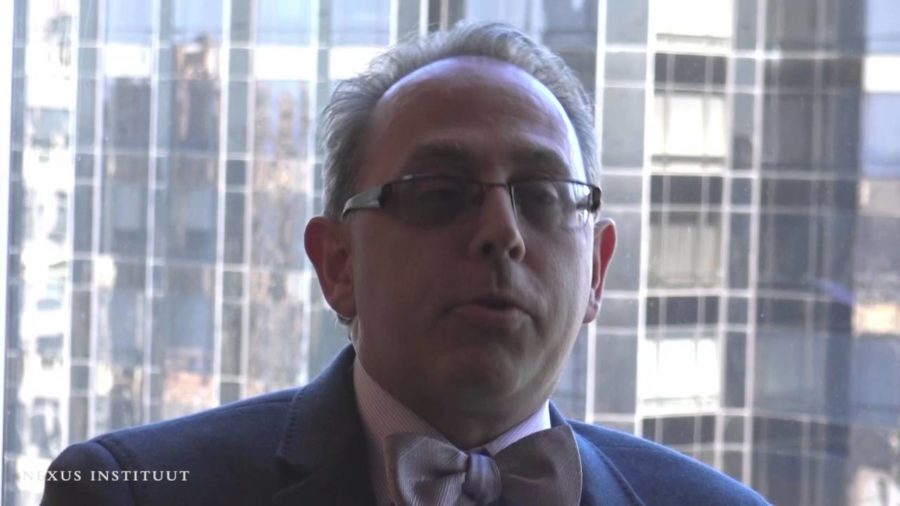
One thing I can say is that I don’t think we know very much about Donald Trump, which is one of the things that’s scary about him but also one of the things that’s exciting about him.

